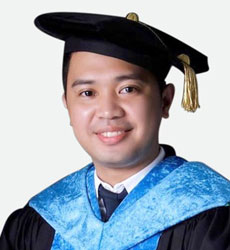THE Universal Declaration of Human Rights, an international document adopted by the United Nations General Assembly (UNGA) in 1948, and the Global Compact for Safe, Orderly and Regular Migration, an internationally negotiated but nonbinding agreement formally endorsed by the UNGA in 2018, are not explicit about what linguistic rights migrants have exactly. But from what they do say about the rights of every human being and of every migrant, one might be able to deduce what linguistic rights migrants should have.
As with everyone else, migrants are entitled to receive basic services, most especially health and education. Such services need not necessarily be in their native language but at least in a language they understand. Health care is very important, and migrants should be able to access health care services without language impediments. Migrants, particularly school-age ones, are also entitled to education. Education is for all, migrant or not. It is expected that public education in the destination countries is in the local language. Despite this, migrants should still be able to have access to public education. In fact, the governments of destination countries must have provisions to help migrants integrate into the local educational system and learn the destination language. It is imperative that these governments have programs in this regard.
Continue reading with one of these options:
Ad-free access
P 80 per month
(billed annually at P 960)
- Unlimited ad-free access to website articles
- Limited offer: Subscribe today and get digital edition access for free (accessible with up to 3 devices)


